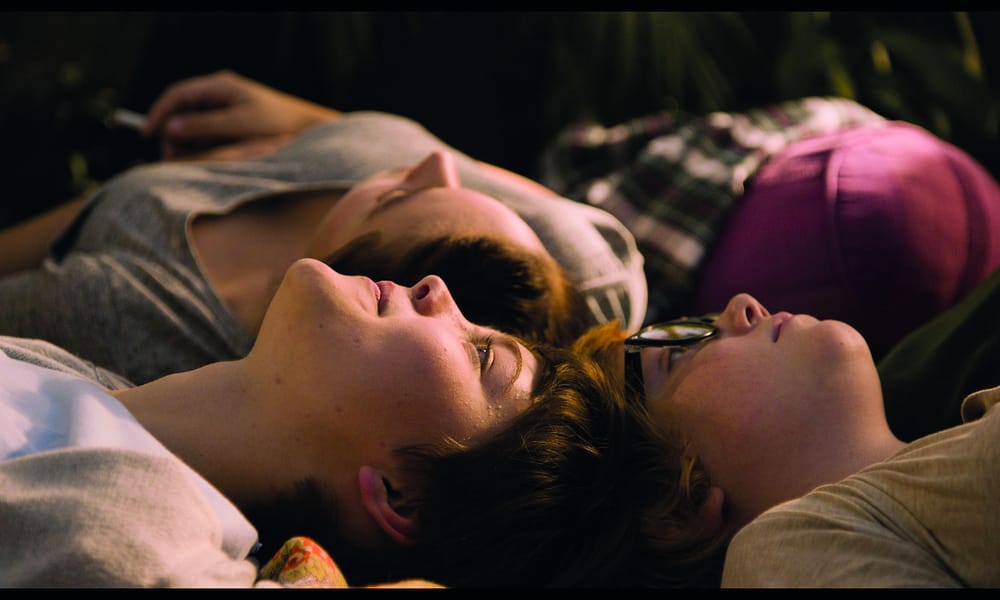Girls Lost
Capturing the wonder of youth

The subject of gender transformation has proved a rich seam of inspiration at which artists and writers have mined for centuries. From the ancient Greek myth of Tiresias to Virginia Woolf’s immortal gender-swapping count in Orlando, the question of ‘what would you do if you woke up as the opposite gender?’ has captivated many around the world. It’s this question that Swedish director Alexandra-Therese Keining attempts to answer in her latest film Girls Lost, which centres around three young girls drawn together by their shared creativity and kept together through social isolation. Kim (Tuva Jagell), Bella (Wilma Holmén), and Momo (Louise Nyvall) are all misfits, facing regular misogynistic and homophobic abuse at school. With little support from their families, they turn to each other for solace. However, when they grow a strange plant whose fruit allows them to experience life as boys, their group begins to fragment.
On the surface, the divisions that crop up are related to the increasingly dangerous activities of Kim, who falls in love with local rebel Tony (Mandus Berg), and his group of delinquents. Seen in this way, it’s a classic tale of peer-pressure and adolescent aspiration to conform (albeit through nonconformity), and doesn’t seem to add much to the genre. Indeed, Girls Lost ticks every box that is required today of a European coming-of-age drama: squat parties in abandoned industrial complexes; a shot of someone silently screaming underwater; there’s even a couple of daybreak rooftop scenes thrown in for good measure.
However, what sets this film apart from others is the decision to tackle transgender issues, particularly how trans adolescents feel at a period of immense physical and psychological change. Kim is immediately more seduced by the idea of acting out her fantasies of being a boy, simply because for her they are more than mere fantasies. While Momo and Bella are playing a social role, Kim is discovering an explanation for why they’ve felt so trapped.
In this way, Girls Lost reads like a combination between the heartfelt exploration of true Swedish life found in Lukas Moodyson’s work and the searing exploration of gender politics undertaken by Céline Sciamma. Girls Lost doesn’t meet the heights of either director’s work, but Keining’s ability to capture the fleeting magic of adolescence, all twilight revelations and shimmery electronica, combined with the bold decision to take on gender issues make Girls Lost one to watch.










